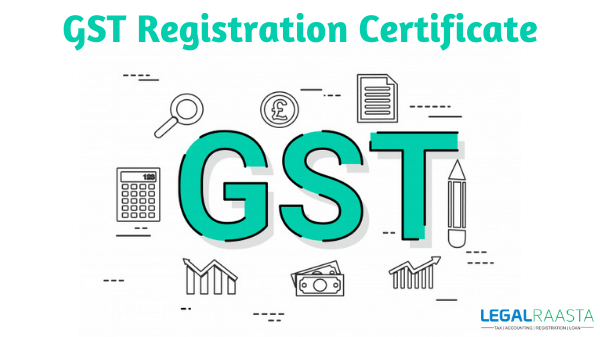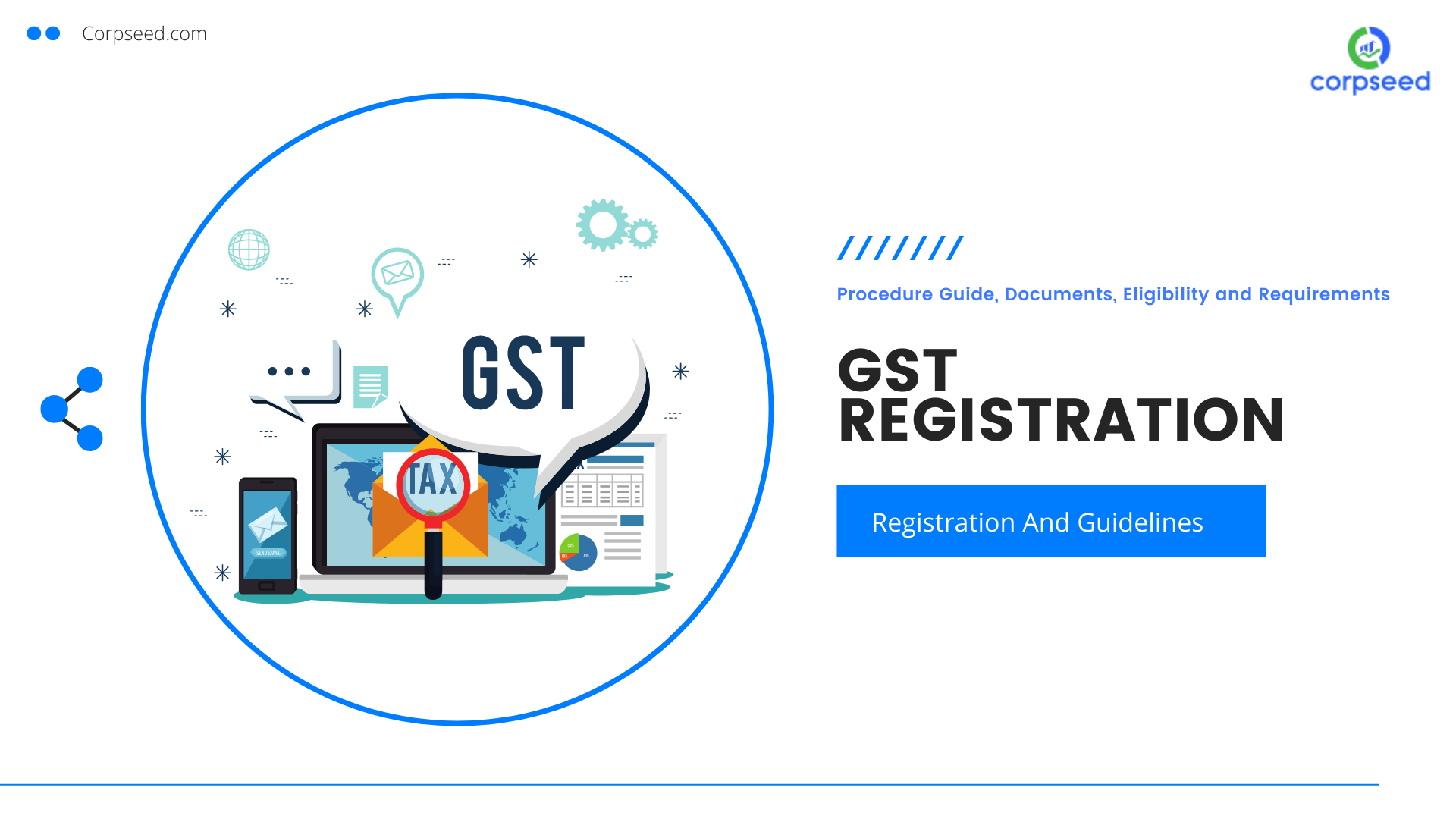Stay Clear Of Common Blunders in Singapore GST Registration for Your Company
Wiki Article
The Ultimate Overview to Streamlining the GST Registration Refine and Requirements for Small Company Owners

Understanding GST Essentials
To comprehend the principles of the Product and Solutions Tax (GST) system, little service owners must first comprehend its underlying ramifications and principles. Under the GST regimen, businesses are called for to register and collect tax on behalf of the federal government, guaranteeing transparency and conformity.One of the vital principles of GST is input tax obligation credit history, which enables services to assert credit history for tax obligations paid on their purchases. Recognizing these fundamental principles is vital for little business proprietors to navigate the intricacies of the GST system and make certain compliance with the regulation.
Qualification Requirements for Registration
Having actually developed a foundational understanding of GST principles, small company proprietors need to currently fulfill certain qualification standards to proceed with the registration process. In India, entities participated in the supply of products or services with an annual accumulation turnover going beyond Rs. 40 lakhs (Rs. 10 lakhs for special category states) are called for to register for GST. Additionally, particular businesses such as those associated with inter-state supply of items, informal taxed persons, and those required to pay tax under the reverse fee system need to register for GST regardless of their turnover. Services that were registered under the previous tax routine (VAT, solution tax obligation, etc) are additionally mandated to sign up under GST. Nonetheless, farming services that just supply generate out of main manufacturing are exempt from GST registration. It is important for local business owner to thoroughly examine their qualification based on these requirements to make certain conformity with the law and prevent any fines for non-compliance.Files Required for GST Registration

Simplified Enrollment Process Steps
Following the collection and confirmation of the requisite papers, the enrollment procedure for GST can be navigated with a series of streamlined actions created to facilitate effective conformity for local business proprietors. The initial step entails going to the GST site and choosing More about the author the 'New Enrollment' choice. Consequently, the candidate should complete Component A of the GST REG-01 kind with information such as frying pan, mobile number, and e-mail address to obtain an OTP for confirmation. Once the OTP is received and gotten in, a Temporary Reference Number (TRN) is produced for additional process. The following step calls for submitting Part B of the type with essential service details, publishing supporting papers, and finishing the verification process using DSC or EVC. Upon effective confirmation, an Application Reference Number (ARN) is released, suggesting the completion of the GST enrollment procedure. By following these simplified actions, small company owners can efficiently register for GST and ensure compliance with tax obligation guidelines.Tips for Ensuring Conformity
To keep regulatory adherence and operational stability, thorough oversight and positive procedures are crucial in ensuring compliance with GST requirements for little company proprietors. Little company owners should stay updated with GST policies, submitting target dates, and any kind of adjustments in tax rates to prevent penalties and maintain a good standing with tax obligation authorities. Attending great site GST awareness workshops or training programs can enhance understanding and compliance with GST laws, inevitably profiting the service in the long run.
Conclusion
To conclude, local business owners must recognize the essentials of GST, satisfy the eligibility criteria, gather essential papers, and comply with the simplified enrollment procedure steps to ensure conformity. By simplifying the GST registration procedure and needs, small company owners can stay clear of charges and operate their businesses efficiently within the legal structure - Singapore GST Registration. It is critical for local business proprietors to stay informed and compliant with GST guidelines to maintain an effective company procedureLittle organization owners looking for GST registration have to guarantee they gather and send the required records to complete the enrollment process successfully. The files needed for GST enrollment normally include evidence of business registration or incorporation, PAN (Irreversible Account Number) card of the company address, entity and identity evidence of the promoters/partners/directors, photographs, address evidence of the area of company, financial institution account declarations or canceled cheques, and consent forms. Attending GST understanding workshops or training programs can boost understanding and compliance with GST policies, inevitably benefiting the company in the long run.
By streamlining the GST enrollment process and requirements, little organization proprietors can avoid fines and operate their businesses efficiently within the legal structure. It is essential for small business proprietors to stay informed and certified with GST policies to preserve an effective organization procedure.
Report this wiki page